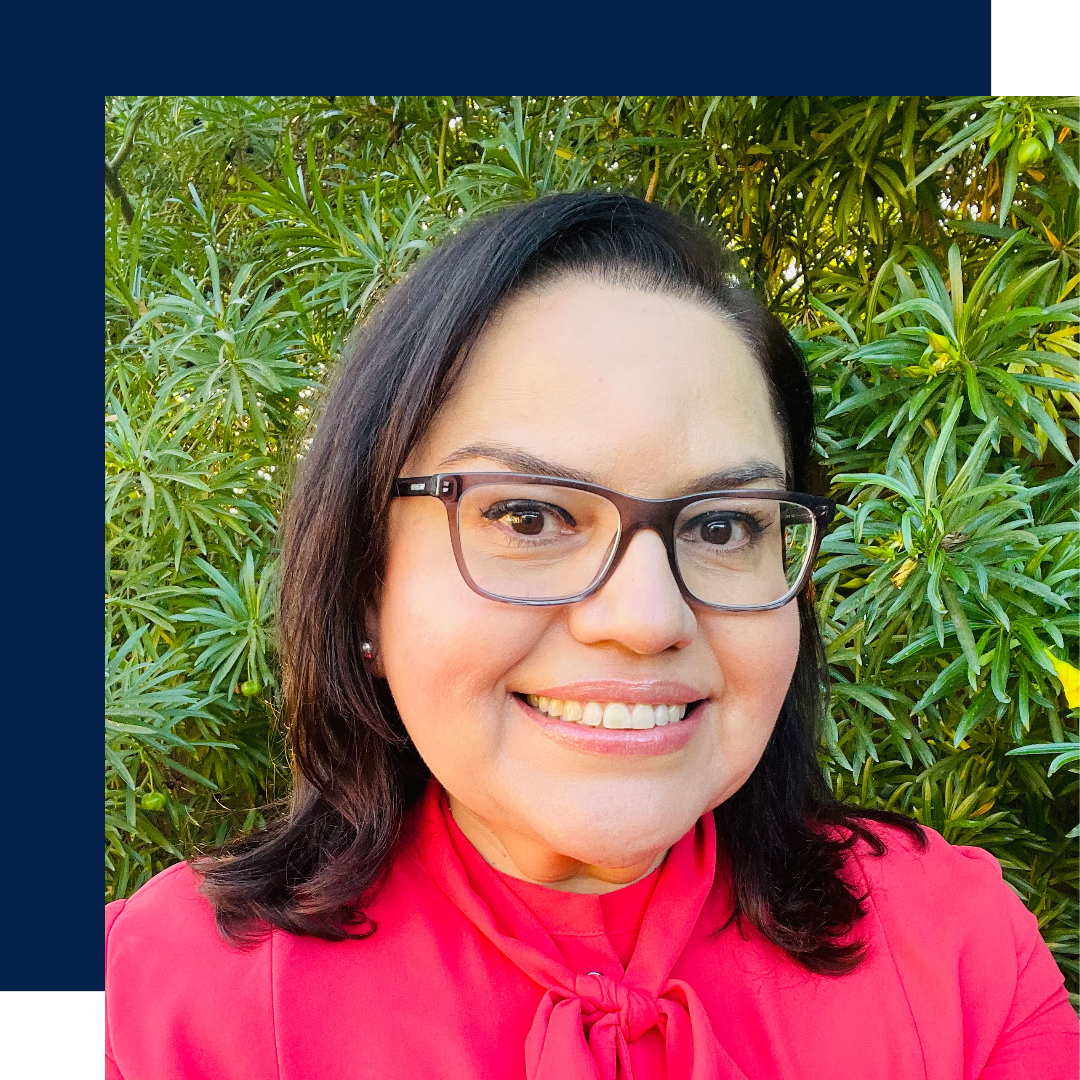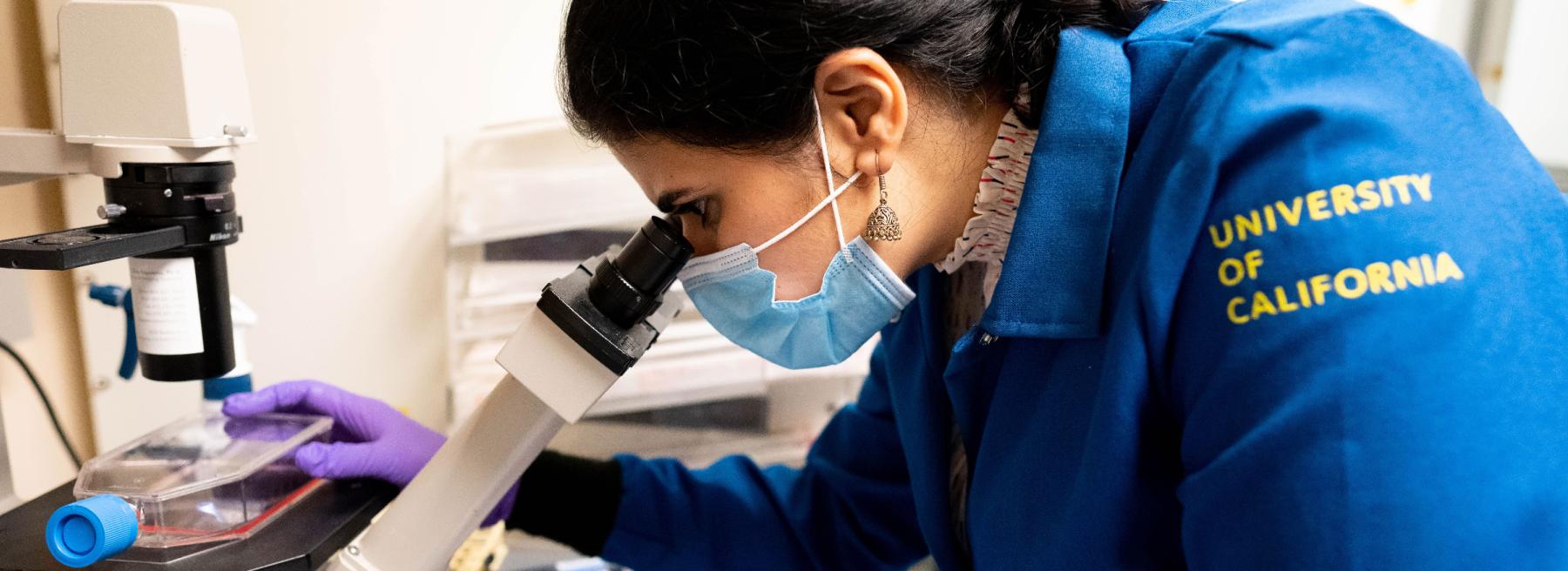Resources for Current Postdoctoral Scholars
The following resources provide guidance for current UCSF School of Nursing postdoctoral scholars including information provided to postdoctoral resources from the School of Nursing's Office of Research and the UCSF Office of Postdoctoral Scholars.
If you are interested in applying to become a UCSF School of Nursing postdoctoral scholar, please visit the prospective postdoctoral scholar page.
Research Collaborative Learning Environment (CLE)
The UCSF School of Nursing's Office of Research Collaborative Learning Environment (CLE) provides research resources including the monthly research newsletter, grant writing templates, mentoring resources and more. Visit the Research CLE. An active UCSF email address is required to access the CLE.
UCSF Office of Postdoctoral Scholars
The UCSF Office of Postdoctoral Scholars offers many resources to help you thrive as a postdoc including:
- Information about pay and benefits,
- Housing and commuting options,
- Conducting research at UCSF,
- Resources to help you connect with the UCSF postdoctoral community, and more.
Office of Career and Professional Development
The UCSF Office of Career and Professional Development offers many resources to support postdocs in navigating their time at UCSF and planning for the future including:
- Guidance and tips on career planning,
- Developing professional skills,
- Career exploration,
- Resources to help you find and apply to jobs, and more.
Explore NIH Awards with NIH RePORTER
Explore NIH awards with NIH RePORTER - https://reporter.nih.gov/.
To narrow your search to T32 or R01 opportunities, enter "T32" or "R01" in the "Quick Search" tab at the top of the page. For additional instructions and best practices for using NIH RePORTER, visit the information page.
FAQs for Current Postdoctoral Scholars
1. I just started a postdoctoral fellowship at UCSF. What should I do first?
Attend a new postdoctoral scholar orientation. Register here.
2. What should I do in my first month at UCSF?
The postdoctoral scholar onboarding resources provide step-by-step guidance on navigating your first month at UCSF.
3. Is there a postdoctoral scholars association at UCSF?
Yes, the UCSF Postdoctoral Scholars Association offers professional and social events to foster community among postdoctoral scholars across UCSF. Learn more and get involved.
4. How can I budget for life in San Francisco?
Although postdoctoral scholars are not considered students, the UCSF Student Financial Aid Office provides guidance for creating a spending plan for life in the San Francisco Bay Area.
5. I'm interested in on-campus housing. How can I learn more?
It is common for postdoctoral scholars to live on campus. Learn more about on-campus housing options and submit an application.
6. Am I eligible for benefits as a postdoctoral scholar at UCSF?
Yes, UCSF postdoctoral scholars are eligible for benefits. Enroll in the Postdoctoral Scholar Benefits Plan when you arrive at UCSF.
7. How do I set realistic goals and outline my career path?
Use the Individual Development Plan (IDP) to plot your career trajectory. UCSF's award-winning IDP toolkit provides additional guidance on creating your plan.
8. What support does UCSF provide to help me navigate employment opportunities?
UCSF's Office of Career and Professional Development provides resources to help you apply for jobs including guidance for writing a strong CV and tips for job interviews.
9. Where can I create my UCSF Profile?
A UCSF Profile will be created for you after your fellowship begins. You can modify your UCSF Profile here.
10. I'm engaged in basic science research. How do I meet the NIH requirements for responsible conduct?
UCSF offers postdoctoral scholars the "Responsible Conduct of Research" course which is designed to satisfy the NIH requirement. Enroll in the course.
Campus Resources
- Office for the Prevention of Harassment and Discrimination: Employees and students can report complaints of sexual violence and sexual harassment, and other protected category harassment and discrimination via email at [email protected], by calling 415-502-3400, or submitting a complaint here: ophd.ucsf.edu/reporting-form.
- Office of Ethics and Compliance: Employees and students can report complaints of bullying/abusive conduct or Whistleblower complaints via email at [email protected], by calling 800-403-4744, or submitting a complaint via the UC Whistleblower hotline/EthicsPoint portal.
- Office of the Ombuds: The Office of the Ombuds serves as a confidential resource for all members of the UCSF community (faculty, non-faculty academics, staff, administrators, students, post-doctoral fellows and other trainees). The Ombuds will listen; help identify options; make inquiries and make referrals as appropriate; and/or facilitate resolutions in an impartial manner. The Office of the Ombuds supplements and does not replace or substitute formal grievance processes made available by the University. Please call to schedule your Zoom, phone, or in-person appointment (415) 502-9600.
- CARE Advocate: Campus Advocacy, Resources and Education (CARE) provides free, confidential support to any UCSF affiliate including students, staff, faculty, post-docs and researchers who have experienced interpersonal violence such as sexual assault, dating/intimate partner violence, sexual harassment, or stalking, or retaliation related to participation in an Office for the Prevention of Harassment and Discrimination complaint resolution process. You may speak with the CARE advocate confidentially about your experiences and receive emotional support and resources. CARE can be reached at 415-502-8802 or [email protected].
- Faculty and Staff Assistance Program (FSAP): FSAP provides confidential employee assistance services for personal and work-related issues. Support is offered for a wide range of issues including work related stress, relationship/couple issues, family problems, depression, anxiety, or other emotional problems, grief and loss, alcohol, drug and other addictions, consultations and training services for faculty and staff management. FSAP can be reached at (415) 476-8279 or [email protected].
- Caring for the Caregiver Program: Caring for the Caregiver Program is a confidential peer support team to provide one-on-one, emotional first aid for members at UCSF Health who are traumatized by involvement in an adverse or unexpected patient event, medical error, or stressful patient care experience. The program is available to all health care team members at UCSF Health hospitals and clinic sites to ensure that providers and staff are emotionally supported through the experience of patient care. Caring for the Caregiver Program can be contacted via email at [email protected].
- Disability Management Services: Disability Management Services (DMS) DMS can assist employees with issues regarding your disability, engaging in the interactive process with your department to identify reasonable accommodations in the workplace. You can contact DMS at (415) 476-2621.

Featured Postdoctoral Scholar:
Edna Esquer, PhD, RN, FNP-BC
"There is a lack of research done in non-white, rural populations, which means the information we rely on to direct care is missing the full picture," says Edna Esquer, PhD, FN, FNP-BC, a School of Nursing postdoctoral scholar in the National Clinician Scholars program.
Esquer is addressing this inequity by working with community partners to engage more Latinos in clinical research. Read more about her work in this Science of Caring story.
Explore the UCSF School of Nursing's postdoctoral scholars' profiles.

